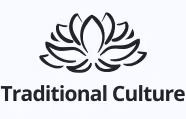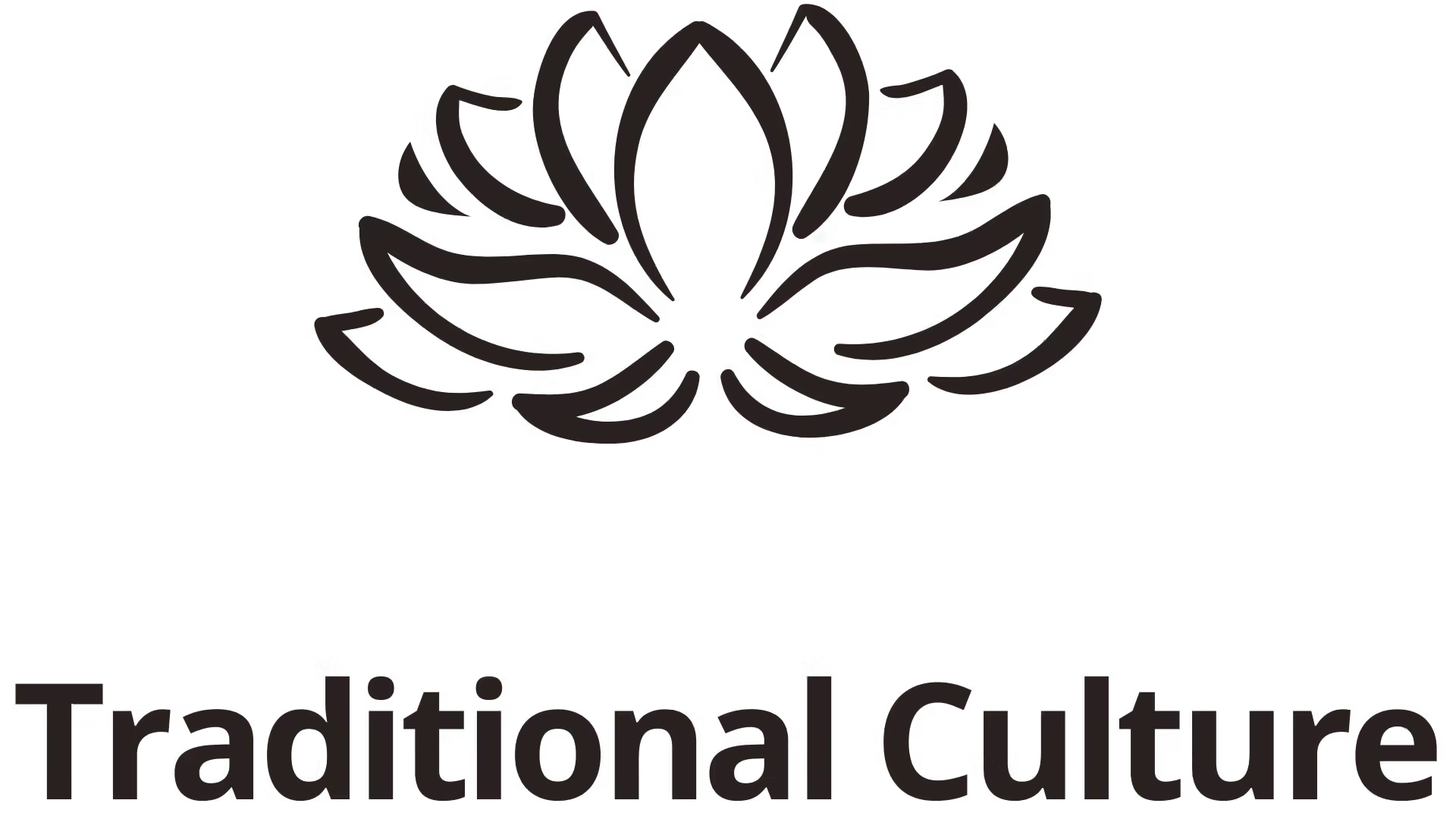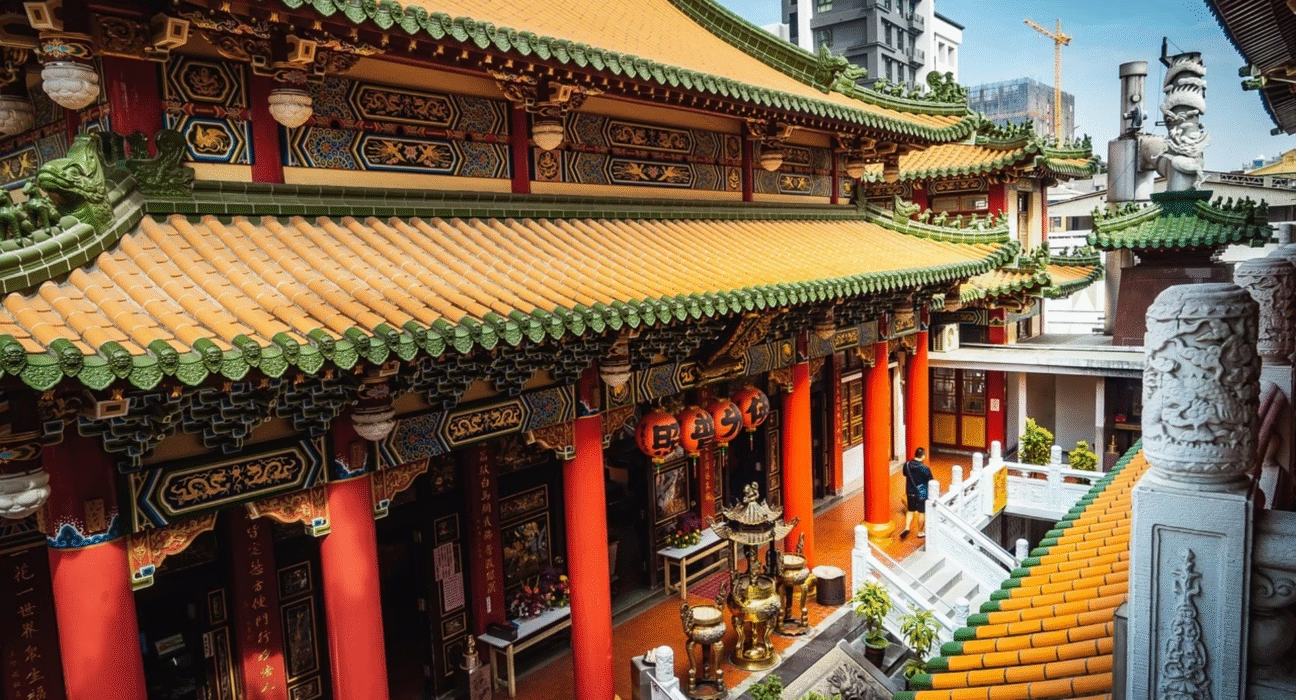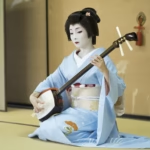Chinese concept for what fuels robust health and resilience. While we use it daily, it can also be replenished. (Image: pcsfish via Pixabay)
The common perception that Asians age slowly may not actually be a factor of ethnicity, but rather the preservation of vital essence, or Jing. The concept of jing is integral to traditional Chinese medicine. Along with vitality (qi) and spirit (shen), it is one of the “Three Treasures” (San Bao 三寶) that ensure vibrant health and longevity.
Jing is a complex concept, closely tied to the ancient Chinese theories of Yin/Yang and the Five Elements. Here we will look at the properties of this vital essence, where it comes from, the causes and effects of jing depletion, and how to slow aging by preserving jing.
What is Jing
Jing is considered a material substance found in the kidneys that is essential for growth, development, reproduction, resilience and vitality. Physically, it regulates the quality of our bones, teeth, nails and hair, our reproductive functions and potential, and the aging process.
Since the kidney meridian encompasses the spinal cord, jing also influences the nervous system — including the brain. Psychologically, it affects our memory, wisdom, and other cognitive functions. It governs our ability to handle stress, overcome illness and face challenges.
If we look at the Chinese character jīng 精, we can see within it the character for rice, 米 mǐ, and the character 青 qīng, which can be translated as green, with the connotations of lush plants, as well as youth; suggesting that jing is a kernel with the generative power to bring forth new growth.

Jing can also be likened to a battery, or a savings account that stores long-term energy. A more complete analogy, however, uses the form of a candle to demonstrate the relationship of jing within the Three Treasures:
The physical candle (the wick and wax) are material fuel (jing), while the flame represents energy (qi) or the life force, and the warm light that radiates from the flame represents the spirit (shen). Like the wax in a candle, jing is consumed with use, and physical signs of aging will manifest as it becomes depleted. Some lifestyle choices tend to use jing more quickly, much like burning a candle at both ends; while others help to preserve or even replenish certain aspects of jing.
Jing is subdivided into three categories, which have different holding capacities.
Prenatal Jing
Prenatal jing is formed when our parents’ essences merge during conception, and it nourishes our growth during gestation. It is extremely precious and cannot be replenished. We can only slow its depletion by making healthy and balanced lifestyle choices.
Postnatal Jing
Postnatal jing is that which comes from nourishing foods, the air we breathe, and the cultivation of mind and body. Postnatal jing is replenished throughout our lifetime, and used to form kidney jing.
Kidney Jing
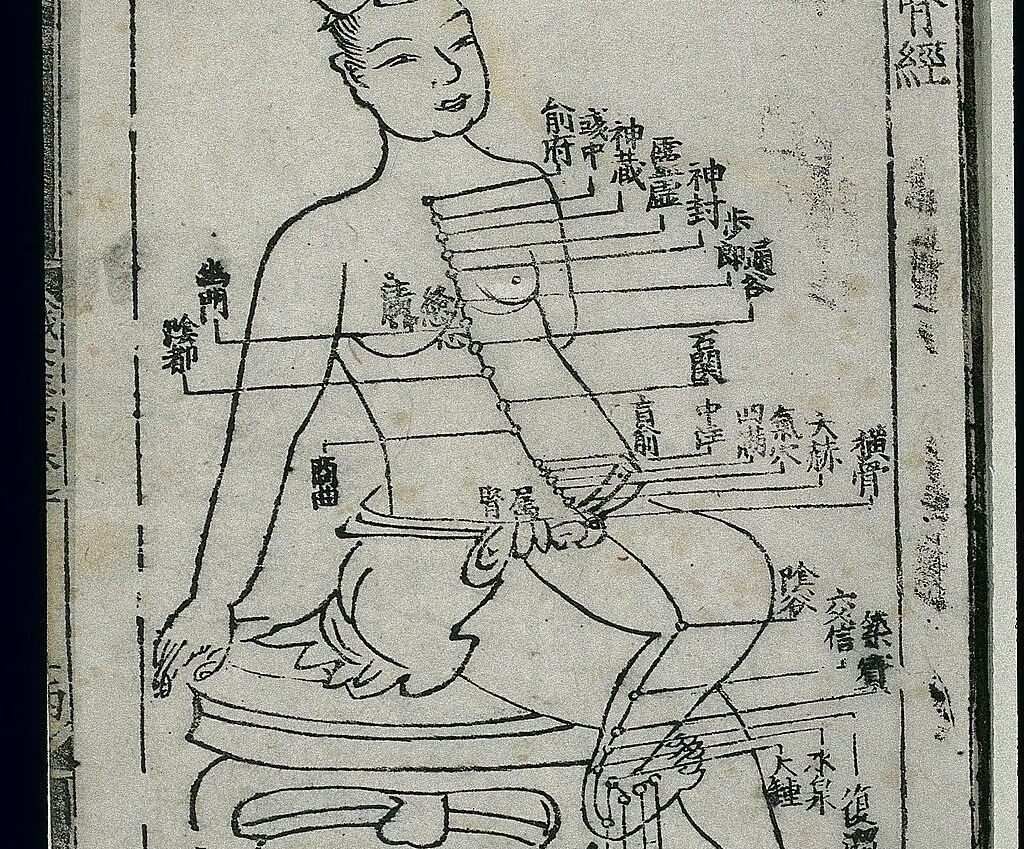
After birth, prenatal and postnatal jing are combined and stored in the kidney. Kidney jing transforms into Qi which circulates and nourishes all our bodily functions. It governs growth and development in children, reproductive potential, and the natural aging process. When one has good stores of kidney jing, they experience robust physical health, mental clarity and inner strength.
Since kidney jing is a combination of both prenatal jing (which is finite) and postnatal jing (which can be replenished), the stored jing can never be completely recharged. Thus jing is gradually used up through our day-to-day activities, resulting in normal aging.
Conditions that weaken the kidneys — such as exhaustion, excessive sexual activity, illness, persistent fear or frustration, substance abuse, or traumatic injury — can damage and deplete jing. Symptoms of jing deficiency include cognitive decline, hearing loss, impaired sexual function, premature aging, premature graying, urinary issues, and weakness in the lower joints. It can also affect the health of your bones, teeth, nails and hair.
Preserving jing
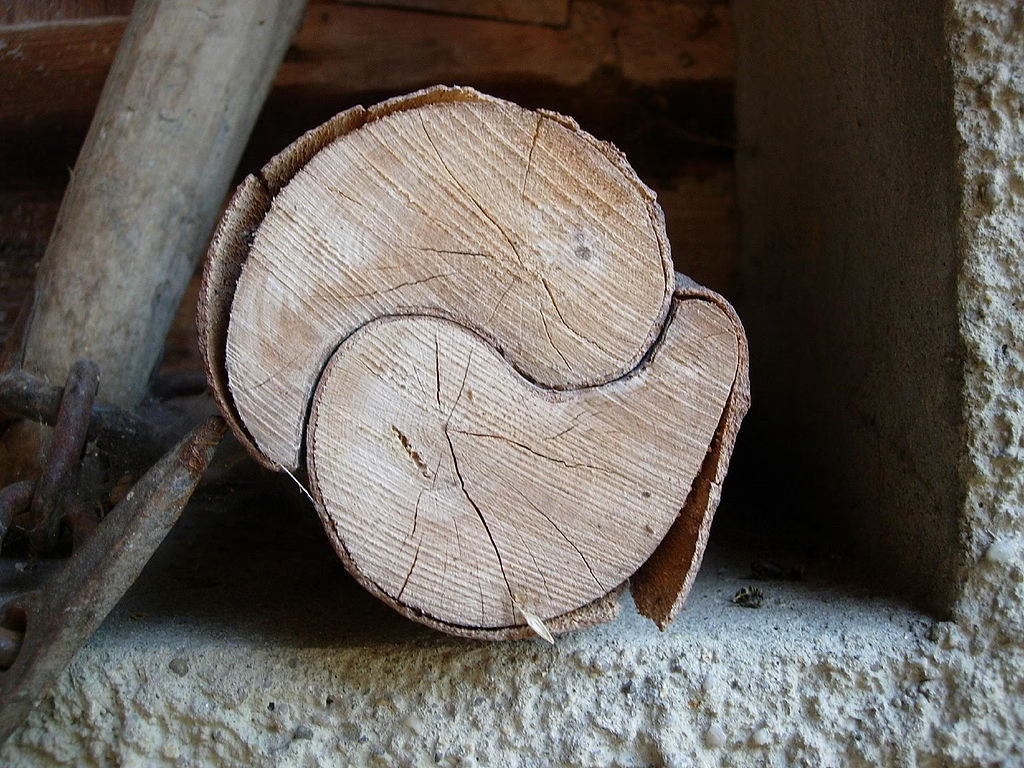
According to the ancient text Huang Di Nei Jing Su Wen 黃帝內經素問 (The Inner Classic of the Yellow Emperor), master physician Qi Bo 岐伯 advised the Yellow Emperor on health and longevity: “…Those who follow the Way, they can drive away old age and they preserve their physical appearance.” “The Way” can be understood as cultivation practice, or adopting moral and physical disciplines to achieve a balanced lifestyle and live in harmony with Heaven and Earth.
Traditional Chinese medicine still holds that maintaining a balanced lifestyle is key to preserving the precious prenatal jing. When combined with nurturing the postnatal and kidney jing, one can prevent jing deficiency and promote health and longevity.
Balanced lifestyle

Stress is often a culprit in upsetting the balance in our lives. Learn to respect your limits, and discover what stress-management techniques work for you. Aromatherapy, physical activity, listening to music, meditation, rest and talking to a friend are all good options for lowering stress.
In all your endeavors, try not to go to extremes. Exercise without pushing yourself too far, work hard without neglecting your rest, enjoy a variety of foods without over-indulging. Remember to take care of your mind and body by making good choices whenever you have the option.
Nourishing Jing
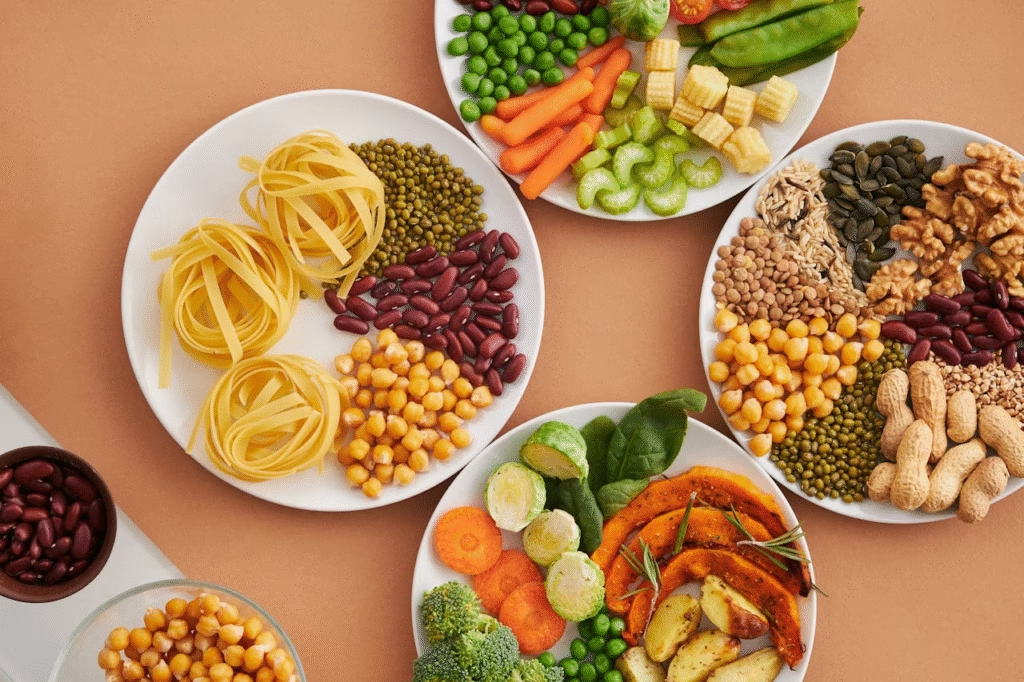
Not all foods are created equal when it comes to nourishing jing. Since its home is in the kidneys, jing benefits from foods that boost kidney health. Go light on foods that tax the kidneys — those high in caffeine, potassium, protein, salt, sugar, and saturated fats — and introduce more fruits, vegetables, whole grains, legumes and warm fluids into your diet.
Specific foods like bell peppers, black beans, blueberries, buckwheat, bulgur wheat, cabbages, cauliflower, chicken (minus the skin), egg whites, garlic, chestnuts, olive oil, and sea bass are particularly nourishing for the kidney and jing.
Traditional Chinese medicine calls out goji berries, black sesame seeds and herbs like Eucommia bark and Rehmannia root for toning and enhancing jing.
Taking up a cultivation practice of mind and body, however, may be the most fundamental way to nourish jing and slow aging, as this serves a dual function of preserving prenatal jing while nurturing postnatal jing. Qigong practices are known to extend the lifespan, and following a spiritual path will guide you to higher and higher realms.
Original article: https://www.visiontimes.com/2025/01/03/slow-aging-by-preserving-jing.html
✉️ Stay Connected — Subscribe for Weekly Updates
Discover timeless stories, practical wisdom, and beautiful culture — delivered straight to your inbox.
*We only share valuable insights — no spam, ever.

